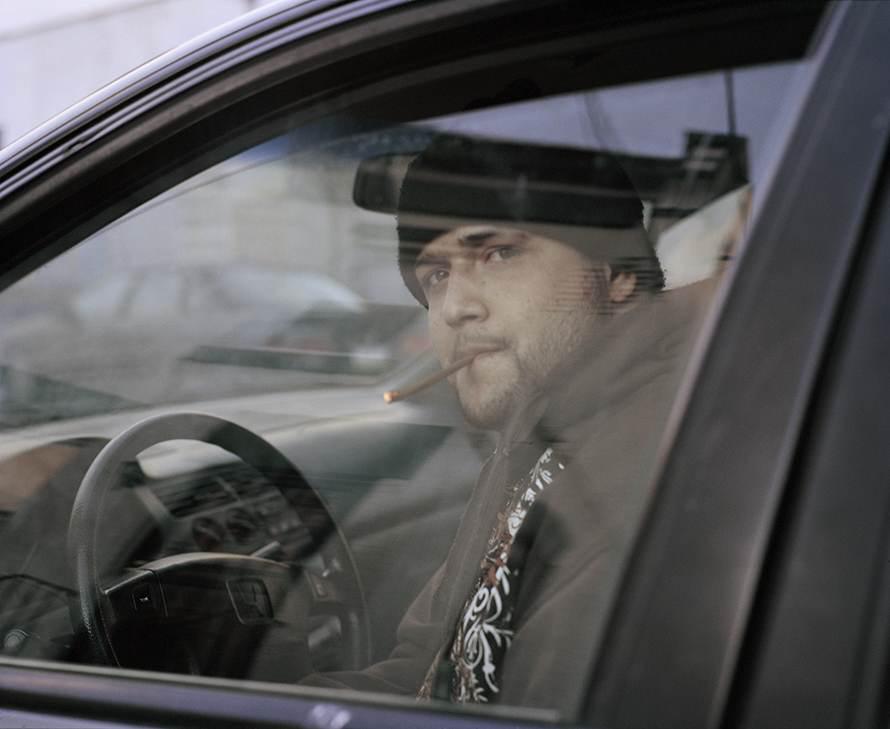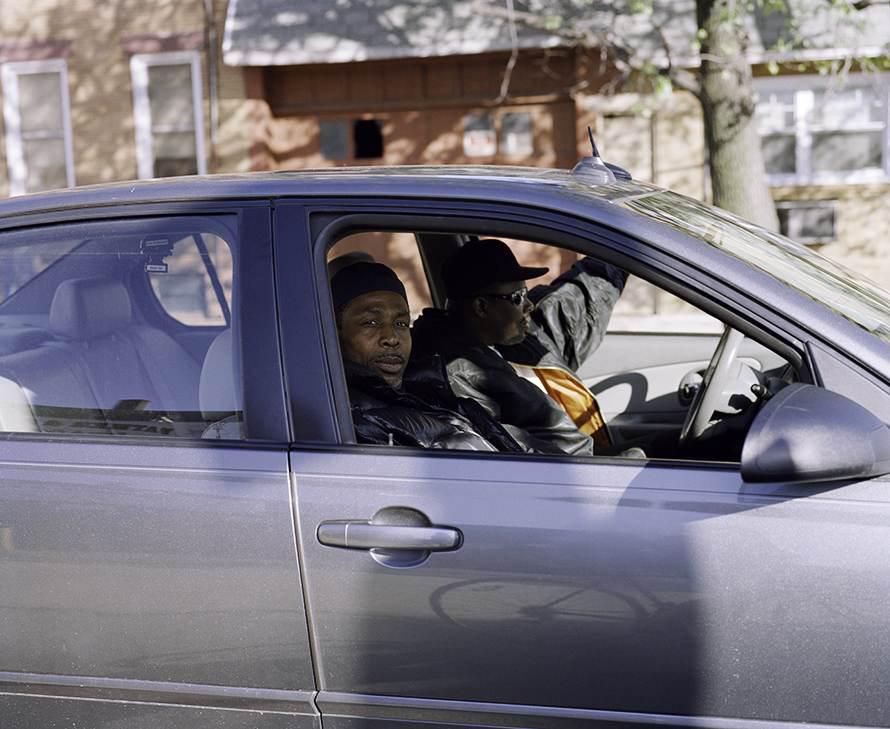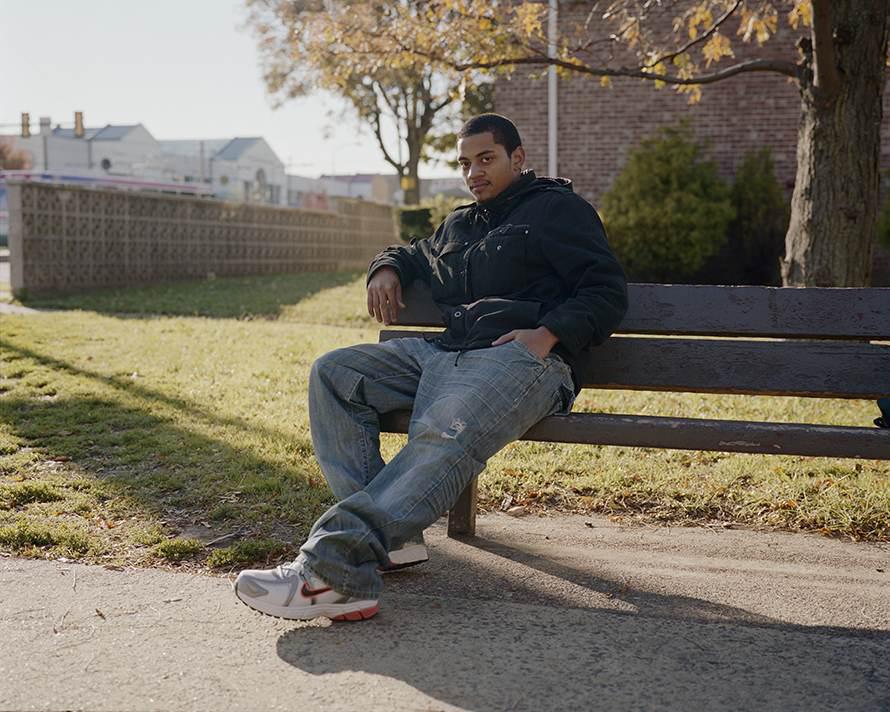Yale MFA student and artist Hannah Price entranced the Internet last week with a photo series on street harassment, “City of Brotherly Love.” Mistakenly called “My Harassers” on some blogs, the project consists of shots of men, snapped just after they’d catcalled Price in public.
The prevalence of catcalling was one thing Price noticed when she moved from suburban Colorado to Philadelphia in 2009. Yet her photos resist the kneejerk condemnation you might expect (or even hope for). In an NPR video interview, Price describes the images as a way to process what was happening to her, a step toward interpreting this set-piece of modern womanhood in a new light. “Just turning the camera on them…it’s a different dynamic,” she said. “It’s just another way of dealing with the experience, of trying to understand it.”

Hannah Price
The photos are beautiful and captivating—and also difficult to parse (which might be why they are getting so much press—enough that Price’s site is currently down from all of the unexpected traffic). A Jezebel writer praised them for “humanizing” street harassers. Did Price intend to communicate respect (Here are some photographic subjects worthy of your attention)? Maybe, through her work, she was modeling the kind of sympathetic gaze she wished the men on the street would adopt toward her? Or was she turning the tables by objectifying her catcallers? (Now who is reduced to a visual image?) Perhaps Price simply meant to make the men a little more vulnerable by offering them up to our scrutiny. Or she sought to transform catcalls into conversations: Oh, you see me that way? I see you this way.
“I’m not trying to stop catcalling,” Price explained to NPR. “I think it’s a given thing, especially for an urban community. I ended up making a relationship; I ended up taking time to spend time with people who threw me off guard and ended up making something beautiful out of it.”

Hannah Price
Though Price says she finds some types of catcalling “disrespectful,” she appears reluctant to damn it completely. “Women are beautiful,” she says. “I get it. Men are men.” And part of her acceptance, she implies, has to do with living in “an urban community,” where such comments are the norm. This theme came up again in our phone conversation: “The more urban and crowded the neighborhood,” Price told me, “the more normal I think it is.”
That observation seems unsurprising: City dwellers probably have lower expectations of privacy in general, and less sensitivity to all kinds of interruptions. But the word “urban” also carries class connotations, which made me think of a provocative series of studies rounded up recently in the New York Times. These studies suggest that lower-income people are more attuned to social relationships. They are more empathetic to strangers, less jealous of their personal boundaries. So might people in poorer urban areas be more likely to see the humanity in a street harasser? Would they be more willing to share their space? Less likely to resent a catcall as an intrusion? Conversely, are catcallers in cities more likely to view their behavior as friendly, appreciative or harmless? Is it?

Hannah Price
Obviously, some interactions are not only unasked-for but intimidating and wrong. Women deserve to go out in public without feeling threatened, embarrassed, or constantly on display. Price, for example, brings up an instance when a man made a lewd gesture at her and she reacted angrily: “I definitely felt that could have led to something dangerous,” she says. But there’s an openness and generosity in her work that to me also demands mulling over. “I was just trying to….point out that we’re all human and all confused,” she told NPR. I’ll try to remember those words next time some dude on the sidewalk tells me to “smile, beautiful.”
